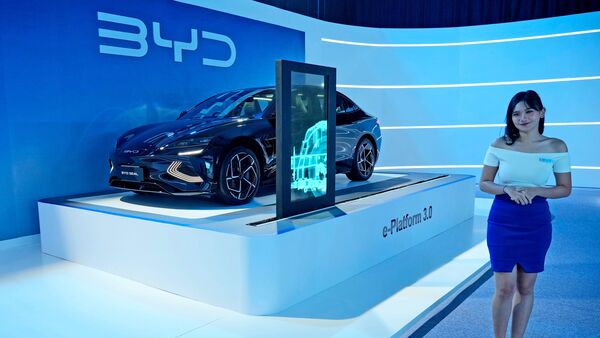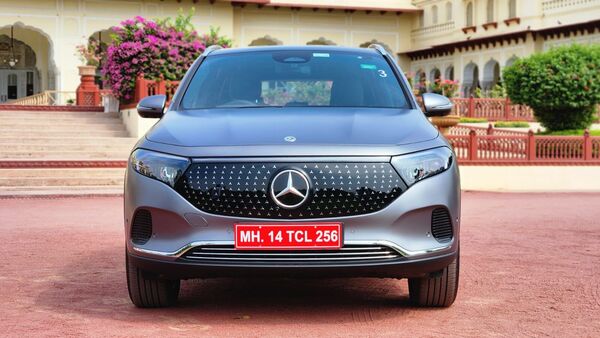
Chinese BYD benefits from massive subsidies, outspending OECD countries: Reports
2 months ago | 13 Views
A recent study by the Kiel Institute, one of Germany's oldest and most influential think tanks, has shed light on China's significant lead in subsidies over other OECD (Organisation for Economic Co-operation and Development) countries like the U.S. and Germany. The study reveals that China outspends these countries by three to nine times, with the primary beneficiary being the Chinese battery producer and automaker, BYD.
BYD's remarkable rise in the global automotive market as one of the largest manufacturers of electrified vehicles has been accompanied by substantial government support, the report suggests. Surpassing Tesla in the final quarter of 2023, BYD's success has been fueled by significant financial assistance. In 2020, BYD received approximately €220 million (around US$236 million) in direct subsidies, a figure that escalated significantly to €2.1 billion (US$2.26 billion) by 2022.
These subsidies accounted for around 1.1 per cent of BYD's revenues in 2020, rising to 3.5 per cent in 2022, as per the Kiel Institute's findings. This places BYD among the highest recipients of direct subsidies among Chinese companies, surpassing competitors like GAC.
Beyond direct subsidies, BYD also benefits from government incentives that encourage customers to purchase its batteries for electric vehicles. While these incentives do not directly contribute cash to the company, they stimulate demand and effectively reduce the cost of BYD's products.
Despite BYD's significant share of government funds, the study indicates that a vast majority of listed companies in China received incentives in 2022, highlighting the broad scope of the country's subsidy programmes.
These findings are particularly pertinent as Chinese automakers, including BYD, aim to expand into foreign markets, notably Europe. European automakers have voiced concerns that the generous subsidies enjoyed by their Chinese counterparts create an unfair competitive advantage. In response, the European Union has launched an investigation into Chinese incentives to determine if they provide an unfair advantage to Chinese automakers.
The Kiel Institute's study supports these concerns and suggests that the EU's investigation comes at an opportune time, given China's current economic challenges. The study recommends that the EU initiate negotiations with China, leveraging the nation's economic vulnerabilities, its expertise in green technology sectors, and its strained relations with the U.S. to address subsidies that may be detrimental to the EU. It sees a realistic opportunity for successful negotiations that could lead to the withdrawal of subsidies deemed harmful to EU interests.
Read Also: mercedes-benz amg planning an electric suv with 1,000 bhp, would launch in 2026

















